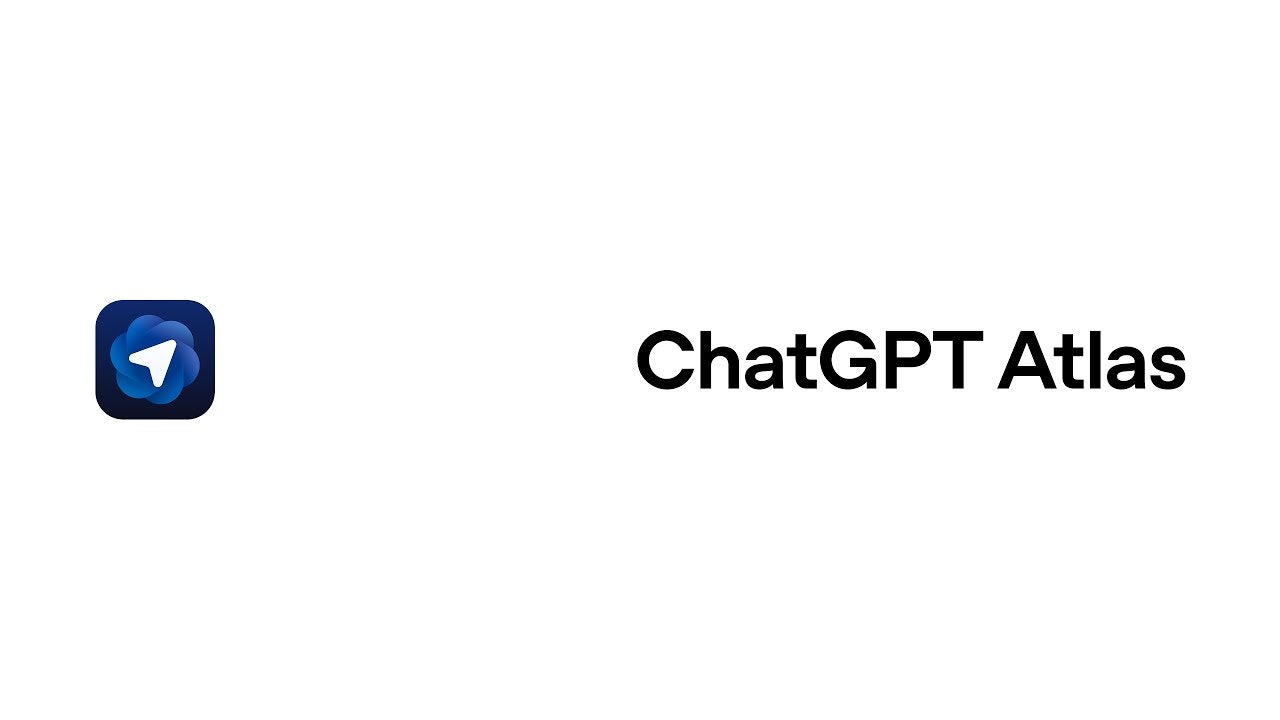AI Native Product Insights – 2025W43

Based on Product Hunt data, we’ve curated a selection of AI Native applications that demonstrate how AI is being built into the core of modern products. These AI Native solutions showcase new developments in functionality and are exploring fresh ways of human-AI interaction. Let’s dive into these AI Native applications.
1. Director
Ranking: 2025W43-rank1
Upvote: 610
🚀 Product Overview
Director is an AI-driven web automation agent that operates its own browser in the cloud. With a single prompt, users can build and deploy workflows that complete complex online tasks—from form filling to data scraping—without writing code.
📋 More Details
Built by the team at Browserbase, Director lets AI agents run hundreds of browser sessions simultaneously in the cloud. Tasks like logging in, navigating secure sites, and interacting with dynamic content are performed visually and are repeatable through Director’s Stagehand framework. Users can automate work on thousands of sites, retrieve hard-to-get data, and trigger workflows on a schedule.
📊 Evaluation
AI Native Application Modernization: 91/100
Director is fundamentally AI-native—it doesn’t just include AI features but builds entirely on AI’s ability to reason through and perform real browser tasks autonomously. Its agent models drive actions, learn from outcomes, and translate prompts into executable workflows, making the browser itself an AI agent’s tool.
🔗 Website
https://browserbase.com/?ref=producthunt

2. ChatGPT Atlas
Ranking: 2025W43-rank3
Upvote: 565
🚀 Product Overview
ChatGPT Atlas lets users carry ChatGPT intelligence across any webpage, offering in-context assistance, task completion, and comprehension—all embedded directly in the browser without switching tabs.
📋 More Details
Key design principles include a conversational UI to express intent naturally, agentic automation for multi-step workflows like scheduling, and semantic parsing from structured web content. The interface focuses on minimalism and user control, with a clear stance on privacy transparency.
📊 Evaluation
AI Native Application Modernization: 91/100
Atlas is designed from the ground up as AI-native. Instead of layering AI onto traditional UI, it uses LLMs to understand context and perform tasks autonomously, making conversational interaction the primary interface model.
🔗 Website
https://openai.com/?ref=producthunt

3. Nimo
Nimo is a connected, intelligent workspace that replaces browser tabs with AI-generated Dynamic Apps and Cards. It turns your daily tools like Gmail, Notion, Slack, and Sheets into contextualized, interactive components in a visual canvas.
📋 More Details
Founder Rohil positions Nimo as the future of work: not just browsing, but orchestrating tasks across apps with AI. It builds custom productivity tools on the fly from your data, while maintaining privacy and real-time awareness. Think of Nimo as your personal AI Office.
📊 Evaluation
AI Native Application Modernization: 94/100
Generative AI is core to Nimo’s architecture—it doesn’t just help you work; it builds tailored apps and workflows dynamically. The result is a genuinely AI-native workspace that replaces passive interaction with agent-led orchestration.
🔗 Website
https://www.nimo.space/?ref=producthunt

4. Fish Audio S1
Ranking: 2025W43-rank5
Upvote: 482
🚀 Product Overview
Fish Audio S1 is a next-gen text-to-speech platform built to generate ultra-realistic, emotionally expressive voices. It can clone any voice in 10 seconds, preserving tone, accent, and speech patterns with astounding fidelity.
📋 More Details
Voice tech is becoming impressively lifelike—users highlight the need for safeguards like family passphrases due to the realism.
📊 Evaluation
AI Native Application Modernization: 91/100
Generative AI is at the core of Fish Audio S1. The model leverages end-to-end deep learning to produce nuanced speech, distinguishing itself through rich emotional expression and near-instant voice cloning. It’s purpose-built as an AI-native voice technology.
🔗 Website
https://fish.audio/?ref=producthunt

Statement: Evaluation results are generated by AI, lack of data support, reference learning only.